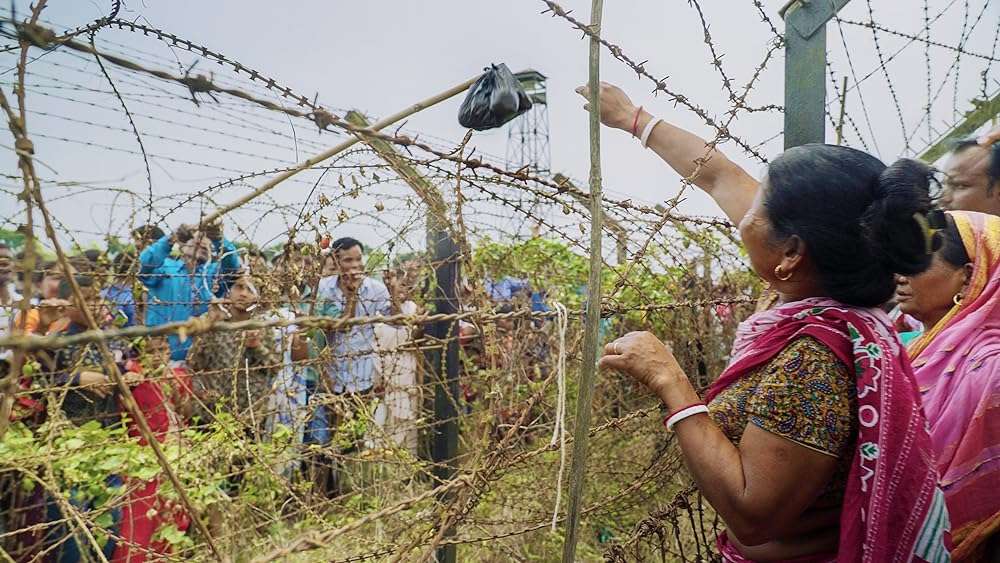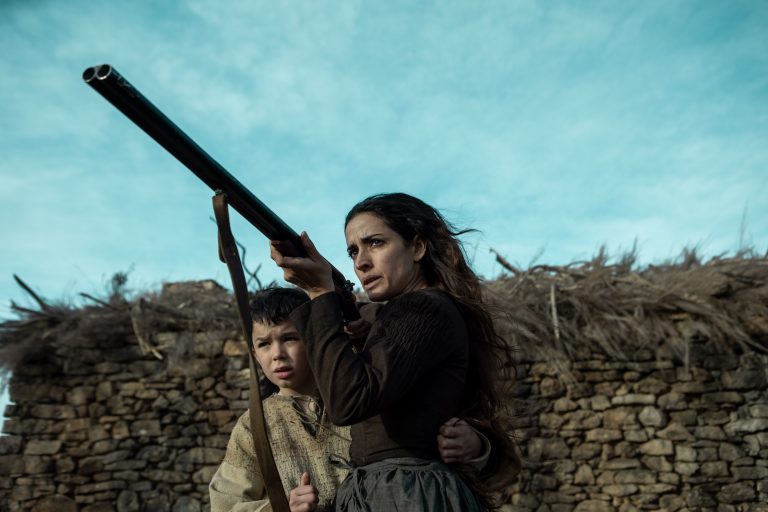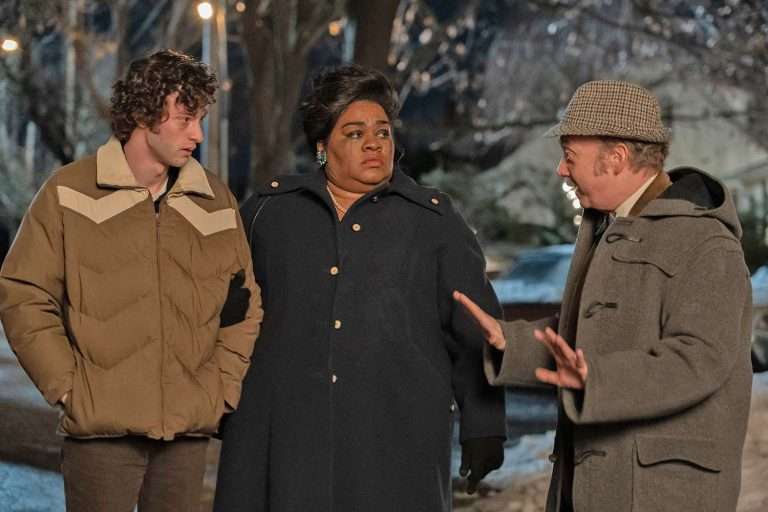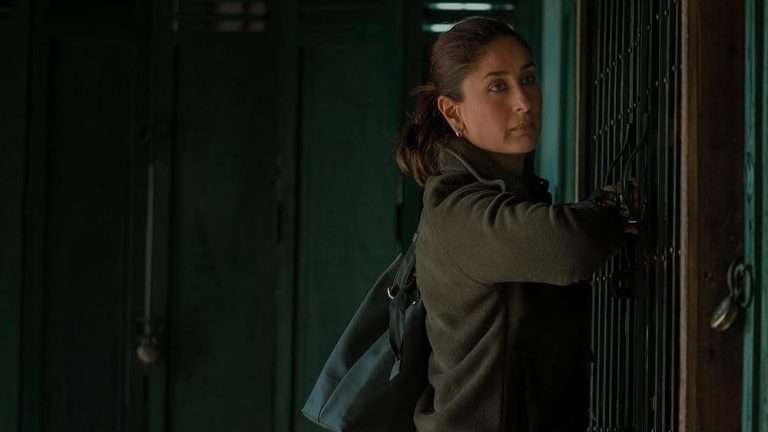Border narratives are intrinsically macrocosmic, laying bare the rot that grip territories as a whole. The plight of those affected by border politics is often seen as a homogenous whole — while such approaches are valuable in their own right, they often forego nuance and fail to capture the intensely personal vignettes of loss and displacement. Samarth Mahajan’s Borderlands (2021) actively swivels the focus to the microcosm, choosing to focus on six personal, specific stories that highlight the various shades of hope, pain, regret, and longing inherent in such stories. Since its release in 2021 and the string of accolades the documentary has amassed all over the world, Borderlands still manages to move viewers with its honest and measured core, where it captures what it means to be human amid turmoil.
Some stories hinge on the intersection of various social ills, such as the dissolution of personal identity and the grip of patriarchy on lives, while others hone in on a passion that keeps people going despite dire situations. Take Surjakanta, a filmmaker living near the India-Myanmar border, who clings to his film reels and vintage 3D cameras with nostalgic reverence while insisting that filmmaking is essential to bringing about awareness and change.
Film is a medium that allows sidelined narratives to take center stage, and while this is not always easy, it is essential — despite being mired in the cost of displacement, Surjakanta is acutely aware of the value of bringing such stories to the forefront. Then there’s Dhauli, a Bangladeshi housewife who fulfills the expectations of a traditional Bengali Hindu housewife while feeling intensely conflicted about the borders in her native place, Naogaon.
Dhauli consistently has a smile on her face while she goes about her life and performs the duties she’s been socialized to perform, but the glimpses of regret and longing in her eyes betray a whole world of suppressed emotions. Although some wear their pain on their sleeves while still clinging to hope, others turn hope into a conflicted existence where a wealth of buried emotion threatens to overwhelm them at all times.

In our review of Borderlands, critic Shashwat Sisodiya underlined that the reason the documentary feels so compelling is that Mahajan understands that “an interview must not feel like an intrusion,” no matter how delicate or multifaceted the subject matter is. Every interview feels unique and personal due to this approach, where the darkest aspects of displacement and loss are allowed to breathe without ever being sensationalized or exploited.
For instance, Mahajan’s mother, Rekha, is one of the six people who reveal their inner anxieties and hopes regarding displacement: the nature of this particular interview is so personal and vulnerable, as Mahajan involves himself in her story without taking centerstage or making matters self-referential. The same empathy is extended to every aspect of the documentary, which deftly highlights the pockets of personal toils and struggles that are a direct outcome of border politics — some overtly obvious, others not — while championing a form of representative storytelling that matters.
Borderlands is currently available in its entirety on YouTube, waiting to be experienced for the gem of a layered and subversive documentary that it is.



![Something You Said Last Night [2022]: ‘SSIFF’ Review – Tender, understated drama on trans ennui is one of the very best films of the year](https://79468c92.delivery.rocketcdn.me/wp-content/uploads/2022/09/Something-You-Said-Last-Night-768x384.webp)




